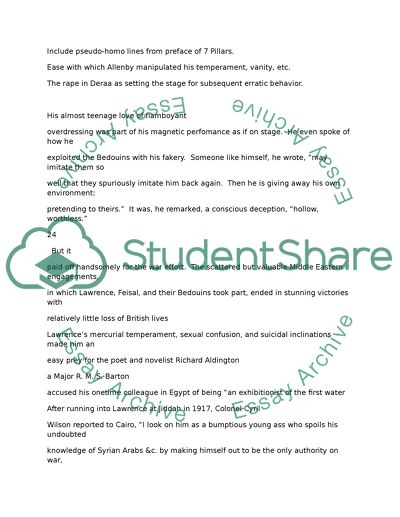Cite this document
(“Movie or Book Review Research Paper Example | Topics and Well Written Essays - 1750 words”, n.d.)
Retrieved from https://studentshare.org/psychology/1442886-movie-or-book-review
Retrieved from https://studentshare.org/psychology/1442886-movie-or-book-review
(Movie or Book Review Research Paper Example | Topics and Well Written Essays - 1750 Words)
https://studentshare.org/psychology/1442886-movie-or-book-review.
https://studentshare.org/psychology/1442886-movie-or-book-review.
“Movie or Book Review Research Paper Example | Topics and Well Written Essays - 1750 Words”, n.d. https://studentshare.org/psychology/1442886-movie-or-book-review.


